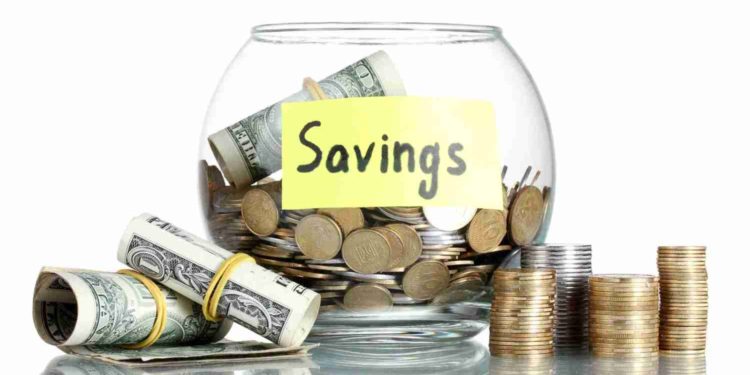How much should I save each month?
One of the basic tenets of personal finance is to set aside money for savings. However, determining how much you should save each month can be challenging, especially if you’re not sure where to start.
The amount of money you should save each month will vary based on your goals. Here’s what you need to know to decide how much to save.
How much you should save a month
For many people, the 50/30/20 rule is a great way to split up monthly income. This budgeting rule states that you should allocate 50 percent of your monthly income for essentials (such as housing, groceries and gas), 30 percent for wants and 20 percent for savings.
Why 20 percent is a good goal for many people
There are a number of rules of thumb that relate to savings, whether it’s retirement or emergency savings, but a general consensus is to set aside between 10 percent and 20 percent of your income each month for savings.
If you can’t save 20 percent, save whatever you can, with the ultimate goal of getting to the point where you can set aside 20 percent of your take-home pay, divided between retirement and emergency savings.
“While I know everyone loves rules of thumb and easy tips, there isn’t a percentage that works across the board for everyone,” says Laura Davis, CFP, a fee-only financial planner at Cuthbert Financial Guidance. “But start.”
Read: SSA: Ghana ranked the 5th most attractive automobile market for second time
Where to put your savings each month
When dividing your money between emergency savings and retirement, start with your most immediate needs, says Chad Parks, CEO and founder of Ubiquity Retirement + Savings, a small-business retirement plan provider.
Parks recommends figuring out how much you can save each month, and then deciding where to go from there. If you don’t have at least six months’ worth of expenses saved, Parks recommends allocating 80 percent of your savings to building your emergency fund and putting the rest toward retirement. Once you reach a certain level of emergency savings, he suggests shifting the percentage to favor retirement.
For example, let’s say you make $3,500 per month and can afford to set aside 10 percent of your income each month for your savings rate — $350. If you’re building an emergency fund, you’d put $280 aside for that purpose, and the remaining $70 would go toward retirement.
Depending on your situation, you might want to tweak those numbers. Let’s say you’re getting an employer match at work, receiving a maximum match when you contribute 6 percent of your income. It might make more sense to first meet your match by putting $210 into retirement and then putting the remainder, $140, into your emergency savings.
Carefully consider your personal situation and needs and decide on a division that works for you. The ultimate goal, though, is to increase what you set aside over time. If you can’t afford to set aside 10 percent to 20 percent of your income right now, start where you can and then find ways to boost your savings over time.
Ways to boost your savings
Once you have an idea of where you stand and what you can afford, you can begin to increase what you set aside each month for savings:
- Track your spending: “Keep track and use an app to help monitor your spending,” Parks says. “You will be surprised at how much you’re spending that would otherwise be saved.”
- Automate your savings: You can have retirement savings directly transferred from your paycheck, so you do not ever have to see the money in your account. You can also set up automatic transfers from checking to savings to build your emergency fund.
- Consider an IRA: If it’s appropriate for your circumstances and you qualify, Davis says that you can use a Roth IRA to boost your retirement savings.
- Start small, if necessary: Even if you can’t set aside 10 percent of your income each month, building the habit is important. “Small actions make saving achievable, and they add up over time,” Davis says.
- Regularly increase your savings: Once you establish a habit of saving, you can build in regular increases until you reach your goal, says Kevin Mahoney, CFP, founder and CEO of Illumint, a financial planning company. Additionally, you need to make sure that the money is going where it will do the most good.
- Consider where you are investing your money: “The key to a successful savings strategy lies in constant progress,” Mahoney says. “Each new year should trigger a 1 percent to 2 percent increase in savings.”
- Update savings after a major life event: Every time you change jobs, receive a salary increase or get a bonus, you should increase your savings. Mahoney recommends that savers set aside 50 percent of any “new” money in the form of a windfall like a bonus or tax refund for savings, either by putting it away for retirement or by putting it into emergency savings — or doing both. “If a child starting school reduces or eliminates child care payments, put some percentage of that newly available funds toward long-term savings,” Mahoney says.








